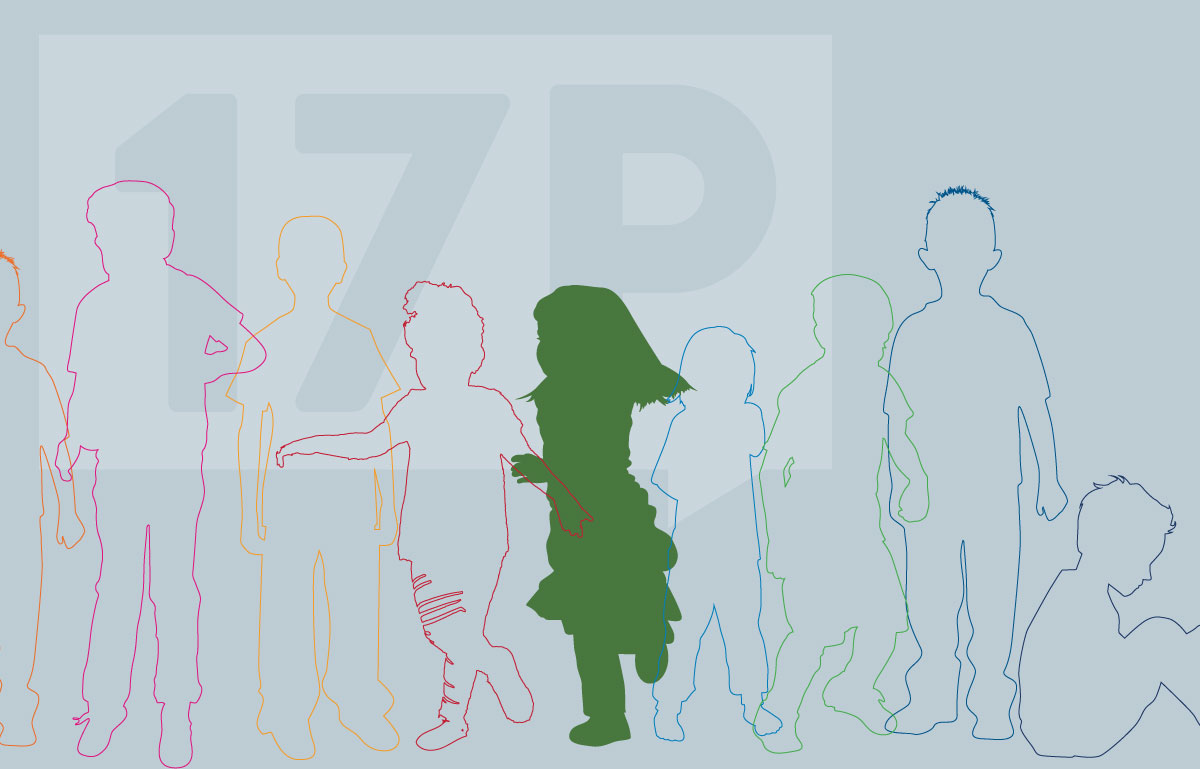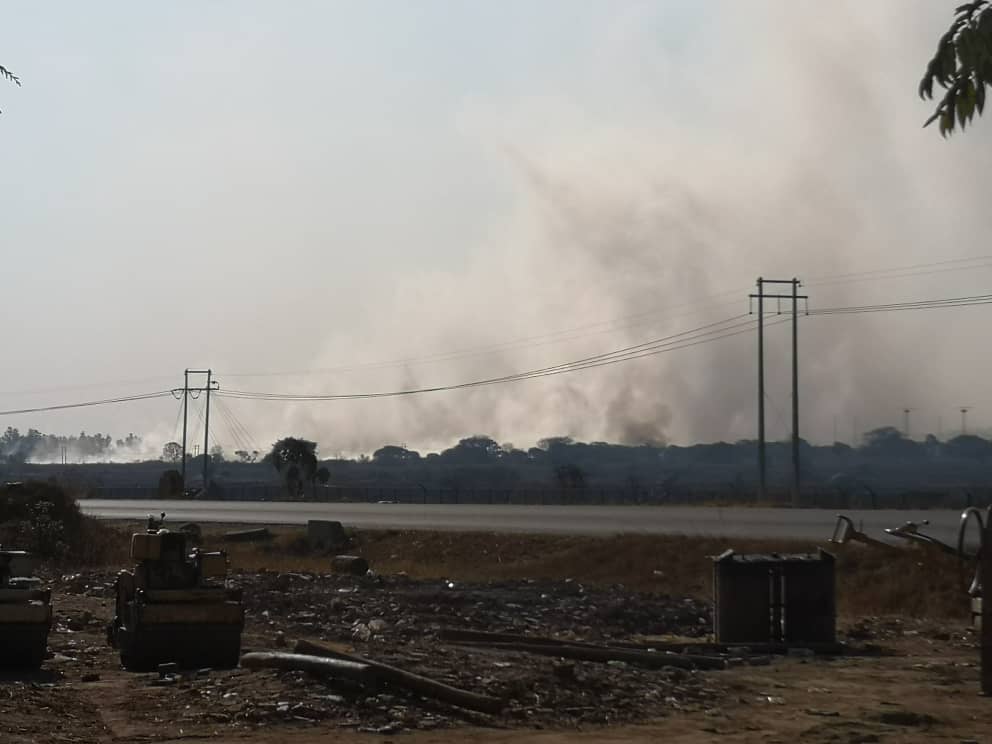Who on Earth Pays for Climate Change?
- November 8, 2022
- 13: Climate Action
- Tags: infrastructure, COP27, climate talks, loss and damage
Is it fair that countries with planet-warming emissions should pay poorer countries with fewer emissions to recover from climate change disasters?
Some countries are arguing for a “loss and damage” fund. This is set to be the burning issue of COP27 taking place in Sharm el-Sheikh, Egypt. Low-emitting countries are suffering from floods or their islands are sinking into the ocean. They want the developed, high-emissions countries to pay for this damage.
Rich, developed countries on the other hand worry that if they agree to a loss and damage fund it could mean accepting they are legally responsible. In other words, they are worried that paying for such a fund could trigger more legal battles and cost them even more.
What is COP27?
COP27
Science has shown beyond doubt that the window for action in the fight against climate change is closing rapidly. In November 2022, Egypt will host the 27th Conference of the Parties of the UNFCCC (COP27) in Sharm El-Sheikh, with a view to building on previous successes and paving the way for future ambition.
In the first half of 2022, Pakistan suffered from a deadly heat wave. The country is responsible for less than 1% of the world’s planet-warming emissions, as are many other countries like it around the world.
In U.N. climate talks, the phrase “Loss and Damage” refers to costs already being incurred from climate-fuelled weather extremes or impacts, like rising sea levels.
If countries agree to launch a fund, they would need to agree on details like where the money should come from, how much wealthy countries should pay, and which countries or disasters qualify for compensation. The European Union and the United States blocked a proposal to establish a fund without a clear end goal at first, preferring to talk about the issue more.
“ …Analysis of Pakistan’s devastating floods found “fingerprints” of the human-made climate crisis on the disaster, which killed more than 1,500 people and destroyed so much land and infrastructure it has plunged the South Asian nation into crisis.”
CNN
Only a few governments have made small funding commitments for loss and damage: Denmark, Scotland, and the Belgian region of Wallonia.
There are positive things happening. The “V20” group of 58 vulnerable countries and the Group of Seven rich nations plan to launch the “Global Shield” at COP27, which is aimed at strengthening insurance and disaster protection finance. Other ideas include U.N. Secretary-General Antonio Guterres’s call for a windfall profit tax on fossil fuel companies to raise funding.
If countries do agree to launch a fund, they will have to discuss where the money should come from, how much wealthy countries should pay, and which countries or disasters qualify for compensation.
The Pacific island country Vanuatu, meanwhile, has asked the world’s highest court – the International Court of Justice – to issue an opinion on the right to be protected from adverse climate impacts. An ICJ opinion could carry moral authority and legal weight, strengthening calls for compensating poor nations.


© Copyrights 2024 All Rights Reserved. 17Promises




